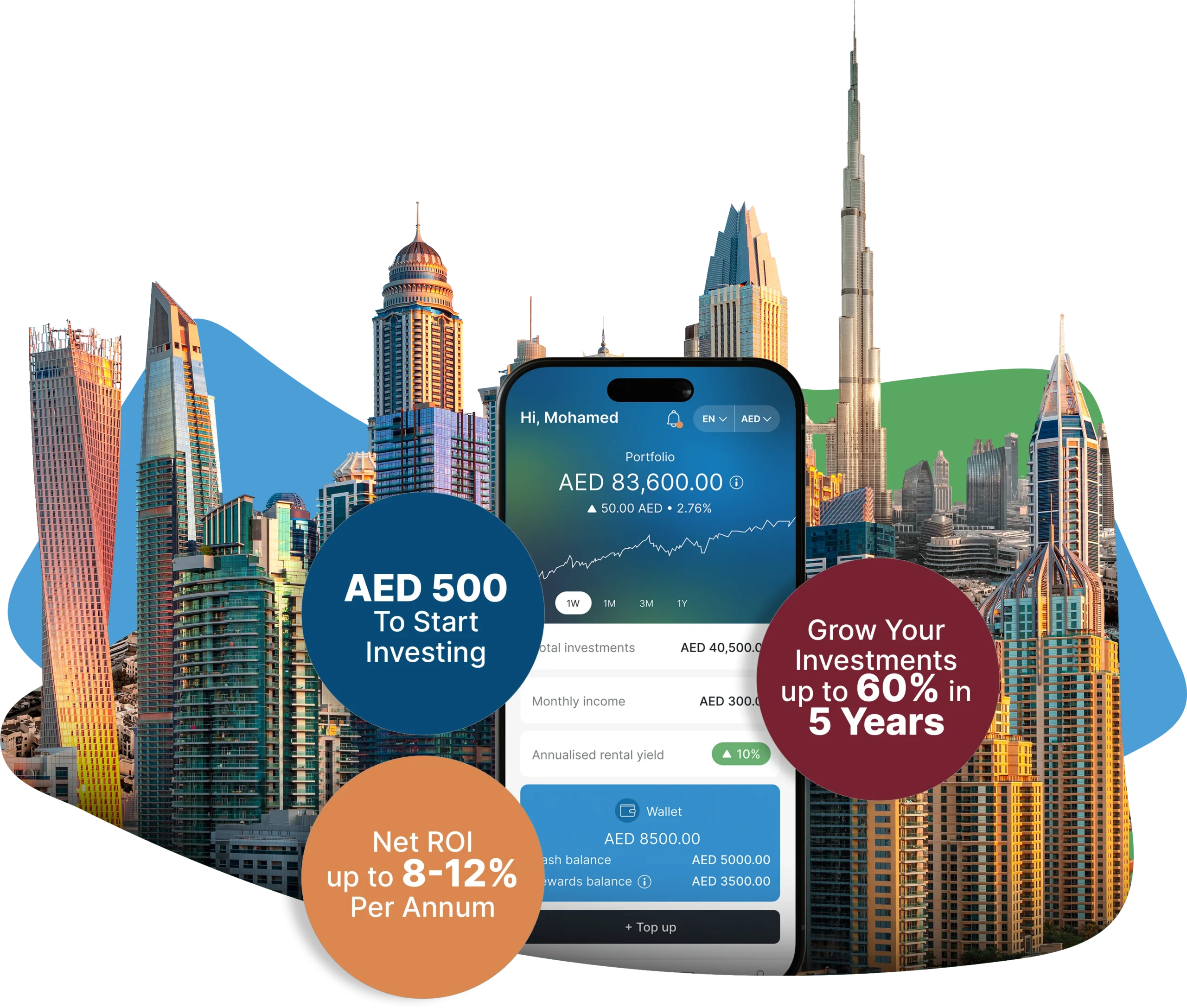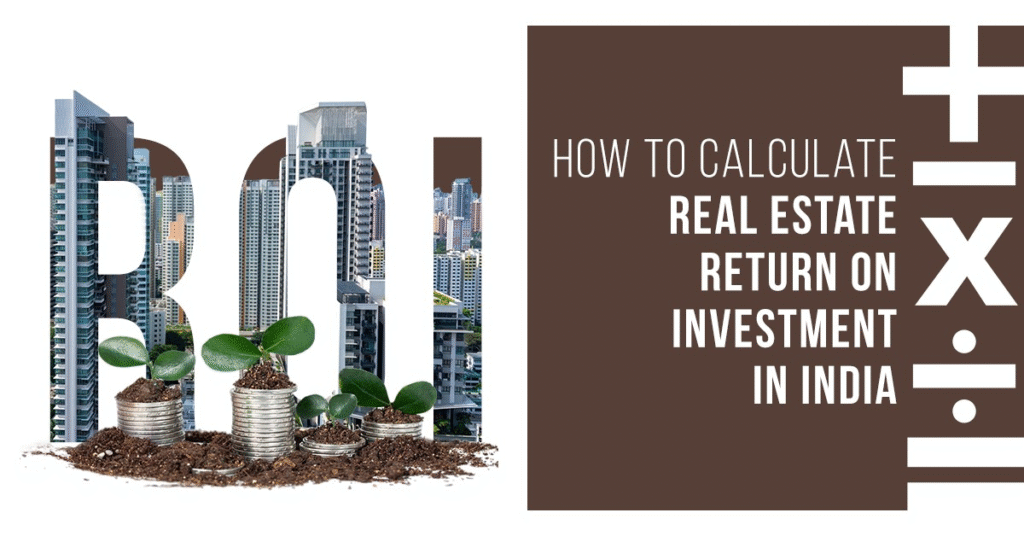Now Reading: Real Estate Investment in 2025: Unlocking a Powerful Era of Profitable Growth
-
01
Real Estate Investment in 2025: Unlocking a Powerful Era of Profitable Growth
Real Estate Investment in 2025: Unlocking a Powerful Era of Profitable Growth

Table of Contents
With over 700,000 monthly searches and growing interest on Google Trends, “real estate investment” is no longer just a buzzword—it’s a full-blown movement. In 2025, Indian investors are leaning into property like never before, and the momentum is redefining wealth-building for the new generation.
Whether you’re a millennial aiming to escape rent cycles, an NRI returning home with purpose, or a seasoned investor expanding your portfolio, real estate in India offers a compelling blend of security, returns, and long-term value.
The Investment Shift: From Traditional to Tactical
2025 is seeing a major shift in how people view real estate. The old model of “buy and wait” has transformed into a more tactical, data-backed approach. Investors today rely on heatmaps, price trend charts, and rental yield calculators before making a move.
What’s driving this evolution? Easy access to information, increasing urban demand, and a tech-savvy investor base that expects more than just appreciation—they want performance.
Real estate portals like 99acres, MagicBricks, and Housing.com now provide detailed investment zones, risk ratings, and ROI estimates for each locality, complete with backlinks to:
- Past transaction records
- Nearby development updates
- Government-approved project pages
- Neighborhood rental yields
This makes investment decisions faster, smarter, and less dependent on guesswork.

Why Real Estate is a Safe Bet in 2025
In a volatile economic climate, property remains one of the few tangible assets with dual benefits: long-term capital appreciation and steady rental income. Unlike stocks, property doesn’t evaporate in a market crash. And unlike gold, it pays monthly.
Here’s why real estate is thriving this year:
- Stable growth: Despite global uncertainty, Indian metros are clocking 7–12% annual property price increases.
- Rental boom: A growing gig economy and urban migration have pushed rental demand sky-high.
- Tax benefits: Investors can still claim deductions on home loan interest, property tax, and maintenance.
- Digital ease: Everything—from virtual tours to loan approvals—is now digitized, making investment easier than ever.
With most real estate platforms offering backlinks to legal advice, EMI calculators, and property management services, investors can start and scale their journey with just a few clicks.
Tier-2 Cities: The New Goldmines
Mumbai and Delhi may still lead in value, but the real story is playing out in cities like Indore, Bhubaneswar, and Kochi. These emerging hubs offer lower entry points, faster approvals, and higher rental yields.
For example, a ₹30 lakh investment in a Tier-2 city can yield rental returns close to ₹15,000/month—a 6% return annually, not counting appreciation.
Leading real estate apps are now mapping these cities with investment potential indicators, complete with backlinks to:
- Builder ratings
- Local development plans
- Public transport access
- Verified resale deals
The result? Investors from across India and abroad are now looking beyond metros to build diversified portfolios.

Fractional Ownership: A New Investment Avenue
Another major 2025 trend is fractional ownership, which allows investors to co-own high-value commercial properties like office spaces, warehouses, and co-working hubs. This model lowers the entry barrier while maintaining high rental income and capital growth.
Platforms like Strata, PropertyShare, and RealX offer curated investment opportunities with full digital access, including:
- Performance dashboards
- Lease agreements
- Investment tracking tools
- Exit strategy options
Each listing includes backlinks to the property title, tenancy records, and regulatory approvals, ensuring transparency and control.
For first-time investors, this model reduces risk while offering entry into premium property classes.
The NRI Advantage: Investing From Abroad, Seamlessly
Indian real estate is back on the radar for NRIs, especially from the US, UAE, and Singapore. With the rupee weakening slightly and domestic demand rising, NRIs are seeing better value than ever.
Key factors include:
- RERA-backed transparency
- Online KYC and loan processes
- Dedicated NRI support teams on major platforms
- Time-zone friendly digital walkthroughs
NRIs often prefer ready-to-move properties, and most real estate platforms offer dedicated NRI sections with backlinks to legal services, registration guides, and tax calculators.
Tech-Driven Tools That Make Investing Easier
2025’s investor doesn’t just browse listings—they use tools to make decisions. From drone-view property tours to AI-based market forecasts, real estate has become a playground for innovation.
Popular tech tools include:
- Heatmap Zones: Show real-time price trends
- EMI Estimators: Tailored to bank interest rates
- Investment Simulators: Predict returns based on purchase price, rental income, and holding period
- Legal Checklists: Verify RERA and title compliance
These tools often come with backlinks embedded in listings, allowing investors to compare, cross-check, and confirm every detail before investing.
Risks & Red Flags: Staying Smart While Investing
No investment is without risks. Unscrupulous builders, over-promised amenities, and market saturation can still trip up even seasoned investors. However, 2025’s tools and platforms make it easier to spot red flags.
Always look for:
- RERA registration
- Verified builder history
- Price comparisons in the same locality
- Maintenance and occupancy details
Platforms now alert users to high-risk zones and blacklisted builders, often with backlinks to court filings, media reports, and regulatory updates.
By using these tools, investors can dodge common traps and stay focused on high-reward opportunities.

Final Thoughts: Real Estate is the New Power Asset
As the lines blur between living spaces, rental hubs, and wealth-building tools, real estate has emerged as the ultimate hybrid asset. It’s no longer just about owning a house—it’s about building a future, securing passive income, and diversifying smartly.
With digital access, data-backed platforms, and emerging property models, 2025 is the perfect time to invest with clarity and confidence.
For those ready to ride the next wave, real estate isn’t just safe—it’s powerful.
Also Read –Real Estate Agents in 2025: The Success Catalysts of India’s Real Estate






















